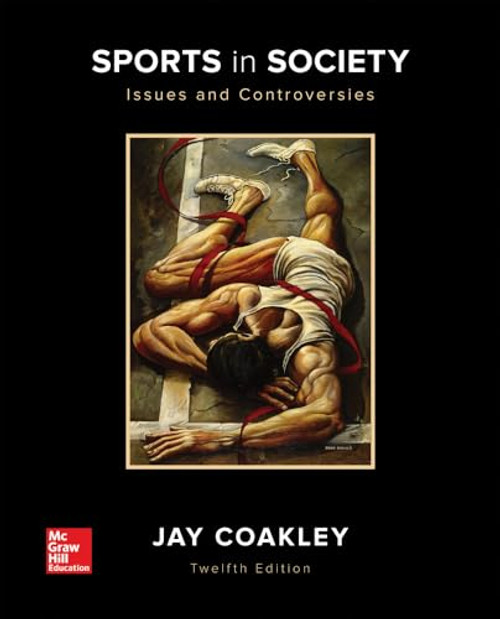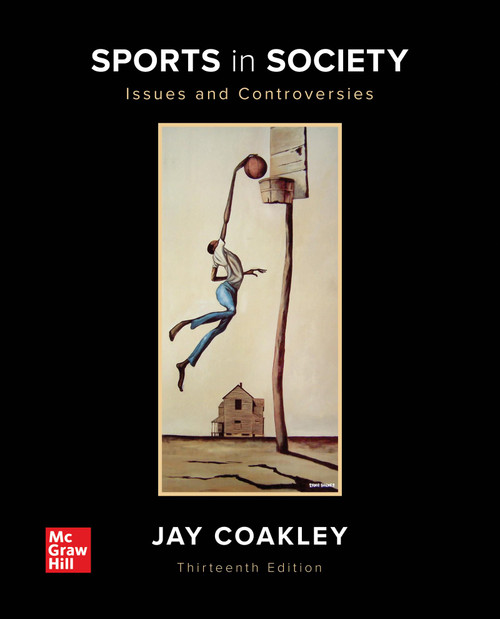Targeted or universal pre-K? Direct instruction or learning through play? These and other debates are heating up as more and more young children across the country gain access to pre-K programs. Now there's a single volume that spotlights today's most urgent pre-K debates, explores each one from all sides, and paves the way for sound, educated decision-making.
Edited by a founder of Head Start and two other highly respected experts, this forward-thinking book gathers a who's who of more than 40 leading thinkers in early childhood education for a rigorous examination of the most-debated pre-K issues. In a clear and compelling point-counterpoint format, this book gives current and future decision-makers multifaceted perspectives on critical questions:
- Should pre-K be targeted or universal?
- What kind of teacher preparation should be required, in terms of credentials and education?
- When should pre-K services be provided and for how long?
- Where should pre-K be provided-in public schools only or in other early childhood programs?
- What should the primary focus of instruction be academics or the whole child?
- Should pre-K be structured around direct instruction or learning through play?
- How can we ensure quality and accountability in pre-K programs?
Readers will also get a helpful synthesis of the major themes of the pre-K debate, investigate lessons learned from model programs in two states (New Jersey and Oklahoma), and identify key issues for future research and debate, including education policies for English language learners and children with special needs.
Whether used as a reference or a preservice text, this landmark book will prepare early childhood administrators, policy makers, and researchers to make informed decisions about the future of preK so all young children will have the best chance at school success.












